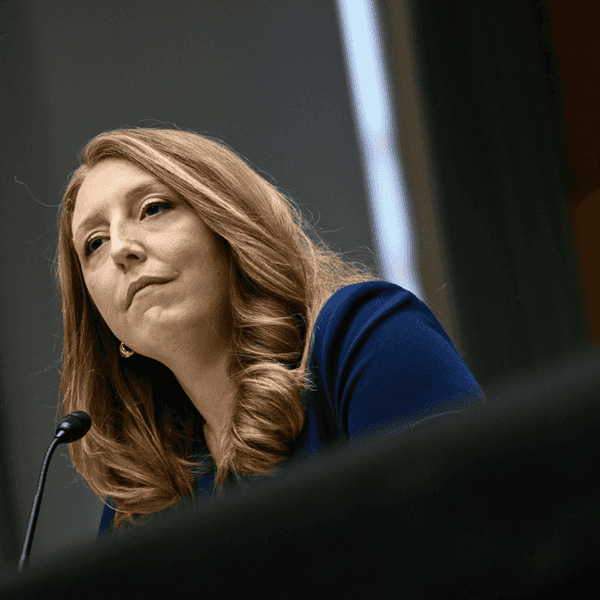
Los Angeles Times
From many corners of the United States — Los Angeles, Philadelphia, Mississippi — recent years have brought heartening news about the relentless rise in obesity among American children: Several years into a campaign to get kids to eat better and exercise more, child obesity rates have appeared to stabilize, and might reverse.
But a study published this week in the journal PNAS suggests that among adolescents, the hopeful signs are limited to those from better-educated, more affluent families. Among teenagers from poorer, less well-educated families, obesity has continued to rise.
Nationally, rates of obesity among adolescents ages 12 to 19 did not rise between from 2003 to 2004 and 2009 to 2010. But during those times, obesity rates among adolescents whose parents have no more than high-school educations rose from about 20 percent to 25 percent. At the same time, the obesity rates for teenage children of parents with four-year college degrees or more fell from 14 percent to about 7 percent.
“The overall trend in youth obesity rates masks a significant and growing class gap between youth from upper and lower socioeconomic status backgrounds,” the authors of the latest research wrote.
That class gap was not evident in younger children _ those from ages 2 to 1, the researchers said. But as children neared the cusp of adulthood, the class differences became increasingly stark.
Disparities between rich and poor in obesity rates are not new, and they are only one of many health gaps that make poor patients sicker and more likely to die prematurely than richer ones. But if the public health message on obesity “has not diffused evenly across the population,” as the authors of Monday’s report suggest, this disparity could stymie efforts to stem a costly obesity-related diseases in the years ahead.
In a detailed accounting of youth consumption and exercise patterns, researchers from Harvard University’s Kennedy School of Government found that physical activity may account largely for the divergent trend in obesity between rich and poor.
In 2003, 86.6 percent of adolescents living with parents who had college degrees told survey-takers that they had exercised or played a sport for at least 20 minutes continuously sometime in the last seven days. By 2011, 90.1 percent said they had done so.
In contrast, 79.8 percent of adolescent children with parents who did not go beyond high school said in 2003 that they had exercised or played a sport for at least 20 minutes in the previous week. By 2011, the numbers of those adolescents who had done so had barely budged, at 80.4 percent.
Asked whether they had engaged in at least 10 minutes of continuous physical activity in the last 30 days, 94.7 percent of adolescents with college-educated parents said yes. But among teens with parents with high school educations or less, 82.1 percent of teens said they had engaged in even that minimal level of exercise.
Kids across the socioeconomic spectrum got the message that they should reduce their intake _ and less advantaged kids took in fewer calories to begin with. From 1998 to 2010, the teenage children of parents with college degrees reduced their average calorie intake from 2,487 calories per day to 2,150. In the same period, less advantaged adolescents went from averaging 2,271 calories per day down to 2,105.
While genetics, metabolism, cultural and environmental factors all influence weight, the foundation lies in the energy-balance calculation: If calories consumed outstrip energy expended in physical activity, we will gain weight. In a group where almost 1 in 5 adolescents is completely sedentary, obesity is simply a likelier prospect when average calorie intake is about the same.
If public health experts are to prevent childhood obesity and thereby drive down future obesity among adults, they’ll have to figure out why less advantaged kids don’t get as much exercise, the authors of the latest study say. Lack of recreation centers, playgrounds, and streets and sidewalks that encourage walking, biking and playing are important, they wrote.
But, they added, “this is not the whole story.” In research presented in New York this summer to the annual confab of the American Sociological Association, the same researchers found that, among children with parents who ranked high on the socioeconomic scale, participation in high school sports and clubs has increased. But among their peers from families of lower educational attainment and income, such participation has declined.
Photo: Wader via Flickr








